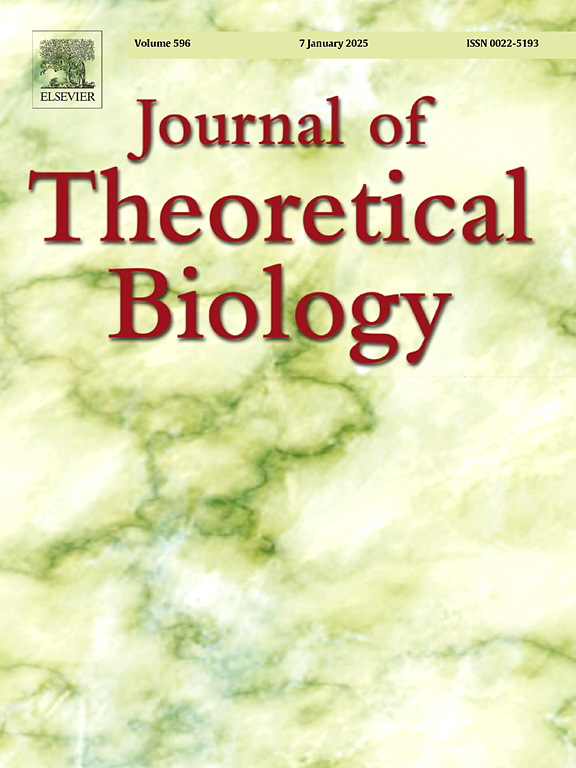A comprehensive study on tuberculosis prediction models: Integrating machine learning into epidemiological analysis
IF 2
4区 数学
Q2 BIOLOGY
引用次数: 0
Abstract
Tuberculosis (TB), the second leading infectious killer globally, claimed the lives of 1.3 million individuals in 2022, after COVID-19, surpassing the toll of HIV and AIDS. With an estimated 10.6 million new TB cases worldwide in 2022, the gravity of the disease persists, necessitating urgent attention. Tuberculosis remains a critical public health crisis, and efforts to combat this infectious disease demand intensified global commitment and resources. This study utilizes predictive modeling techniques to forecast the incidence of Tuberculosis (TB), employing a range of machine learning models. Additionally, the research incorporates impactful visualizations for comprehensive data exploration, analysis and comparison. Various machine learning models are developed to anticipate TB incidence, with the optimal performing model to customize a user-defined function. This research provides valuable insights into the potential determinants influencing TB incidence, contributing to the identification of strategies for preventing the spread of Tuberculosis.
结核病预测模型综合研究:将机器学习融入流行病学分析。
结核病(TB)是全球第二大传染病杀手,2022 年将夺走 130 万人的生命,仅次于 COVID-19,超过艾滋病毒和艾滋病的致死人数。据估计,2022 年全球将新增 1060 万肺结核病例,该疾病的严重性依然存在,亟需引起重视。结核病仍然是一个严重的公共卫生危机,全球必须加大力度、投入更多资源来抗击这一传染病。本研究采用一系列机器学习模型,利用预测建模技术预测结核病(TB)的发病率。此外,该研究还采用了极具影响力的可视化方法来进行全面的数据探索、分析和比较。研究人员开发了各种机器学习模型来预测结核病的发病率,并根据用户定义的函数定制了性能最佳的模型。这项研究为了解影响结核病发病率的潜在决定因素提供了宝贵的见解,有助于确定预防结核病传播的策略。
本文章由计算机程序翻译,如有差异,请以英文原文为准。
求助全文
约1分钟内获得全文
求助全文
来源期刊
CiteScore
4.20
自引率
5.00%
发文量
218
审稿时长
51 days
期刊介绍:
The Journal of Theoretical Biology is the leading forum for theoretical perspectives that give insight into biological processes. It covers a very wide range of topics and is of interest to biologists in many areas of research, including:
• Brain and Neuroscience
• Cancer Growth and Treatment
• Cell Biology
• Developmental Biology
• Ecology
• Evolution
• Immunology,
• Infectious and non-infectious Diseases,
• Mathematical, Computational, Biophysical and Statistical Modeling
• Microbiology, Molecular Biology, and Biochemistry
• Networks and Complex Systems
• Physiology
• Pharmacodynamics
• Animal Behavior and Game Theory
Acceptable papers are those that bear significant importance on the biology per se being presented, and not on the mathematical analysis. Papers that include some data or experimental material bearing on theory will be considered, including those that contain comparative study, statistical data analysis, mathematical proof, computer simulations, experiments, field observations, or even philosophical arguments, which are all methods to support or reject theoretical ideas. However, there should be a concerted effort to make papers intelligible to biologists in the chosen field.

 求助内容:
求助内容: 应助结果提醒方式:
应助结果提醒方式:


